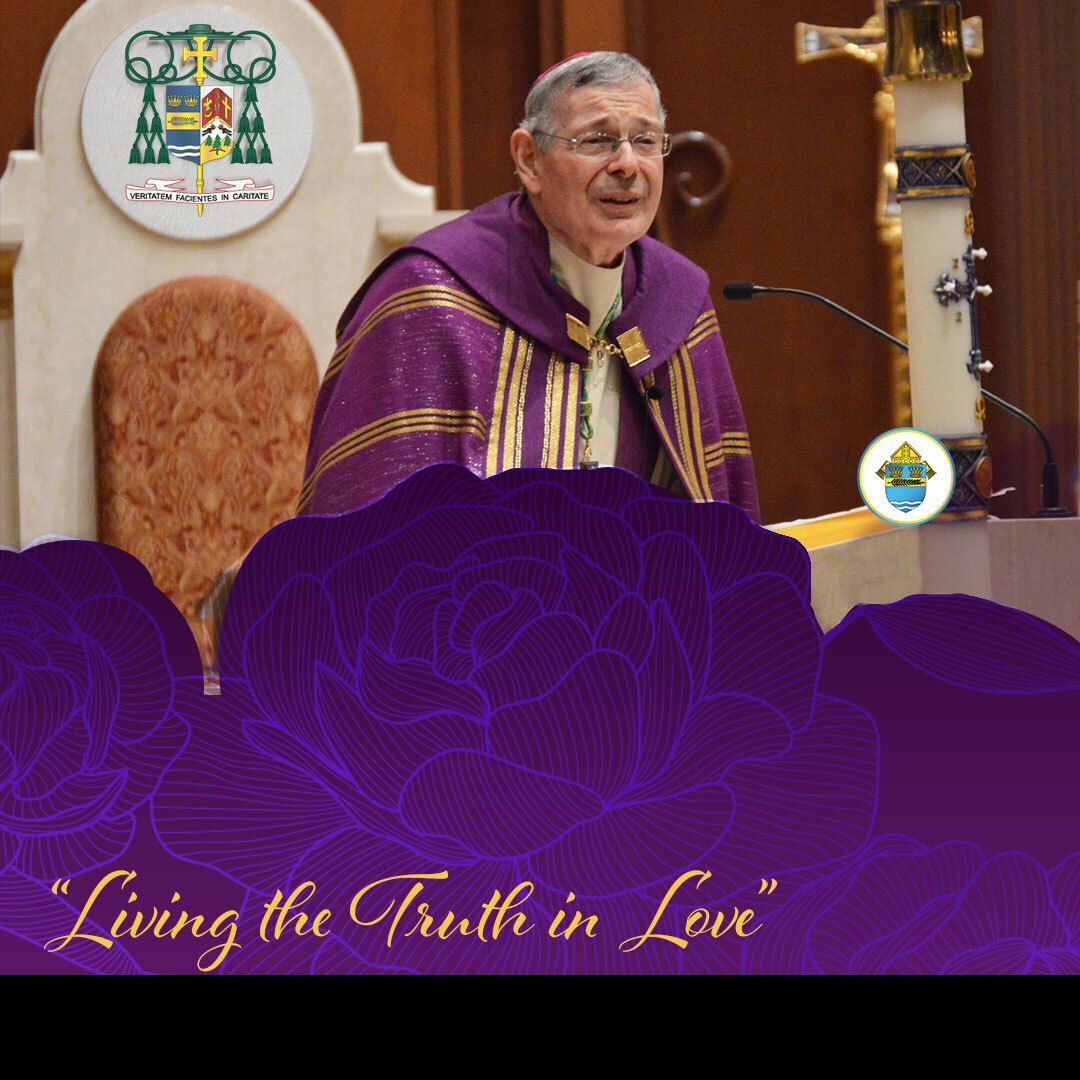
Step up for Catholic Schools
By Bishop Gerald M. Barbarito
We are blessed in the Diocese of Palm Beach with outstanding Catholic schools. Catholic schools are one of the great success stories in the history of American education. They have been gifted a golden opportunity with the accelerating expansion of school choice. Florida shows where this expansion can take us. Over the past 10 years, Catholic school enrollment in Florida grew 9 percent, while it fell 14 percent nationally. Florida’s choice programs are the biggest reason for that contrast. Those programs are giving more working-class and middle-class Florida families the ability to choose Catholic schools — and more of them are doing just that.
In the Diocese of Palm Beach, for example, 11 percent of our students used state scholarships a decade ago. This year, the figure is 75 percent. The same trendlines can be seen in Catholic schools throughout Florida. Florida’s choice programs are especially robust, not only in terms of eligibility but in terms of scholarship value and available funding. Under HB 1, the historic bill that Gov. Ron DeSantis signed into law last year at a Catholic school in Miami, every student in the state is now eligible for a state-supported choice scholarship. This year, nearly 400,000 students are using them. On average, each scholarship is worth about $7,800. This year, total state support is approaching $3 billion.
The Catechism of the Catholic Church says, “Parents have the right to choose a school for them which corresponds to their own personal convictions. This right is fundamental.” It also says, “Public authorities have the duty of guaranteeing this parental right and ensuring concrete conditions for its exercise” (CCC, 2229). The Code of Canon Law emphasizes, “The Christian faithful have the right to a Christian education by which they are to be instructed properly to strive for the maturity of the human person and at the same time to know and live the mystery of salvation” (No. 217).
As choice has expanded, Catholic schools in Florida have been able to serve not only more students, but more diverse students. We now serve a higher percentage of Hispanic students (45 percent) than Florida public schools (37 percent). The number of Catholic school students using special-needs scholarships rose by 37 percent in the past year alone (to a total of 8,296). The mission of our schools is to form young people in the Catholic faith. However, our schools are welcoming to all. The welcoming of non-Catholics to our schools does not alter our Catholic identity and the content of what we teach. This is happening because families from all walks of life want what Catholic schools have long provided: high quality at modest cost, with excellent academics merged with character education.
School choice isn’t the whole story. As a report from the nonprofit scholarship organization Step Up For Students pointed out last year, Catholic schools in Florida operate in the most competitive educational environment in America. Half the students in Florida now attend a school of choice, up from 10 percent a generation ago. In just the past decade, the number of private schools has grown by 30 percent. That competition has spurred innovation. Catholic schools all over Florida have added distinctive academic programming on top of the core Catholic education that will always be our heart and soul.
It’s not hard to find Catholic schools in the Sunshine State that have International Baccalaureate programs, dual-language immersion, certified STREAM (science, technology, religion, engineering, art and math) programs, or any number of other high-quality features. One of the schools in our diocese, St. Luke, partners with the University of Notre Dame Alliance for Catholic Education in their ACE Academy Program and with their Center for STEM Education, while another, Hope Rural School, offers bilingual teachers, adult education classes and a special college scholarship fund so it can best serve the children of farmworkers. In addition, St. Ann Catholic School offers a competitive International Baccalaureate program which aims to develop inquiring, knowledgeable and caring young people who help to create a better and more peaceful world through intercultural understanding and respect.
In Florida’s choice-driven environment, Catholic schools have stepped up their strategic communications, too. We do not assume that families already know that choice scholarships are available, and those scholarships really can make a Catholic education available to their children. We know that Florida families have access to more and better learning options every day, and to thrive in this environment, we must adjust accordingly.
As school choice expands across America, these are the kinds of benefits and challenges that supporters of Catholic education will encounter everywhere. It’s not a given that expanding choice will lead to a further flourishing of Catholic schools. However, Florida should give all of us hope that, even with more options than ever, more families will choose Catholic schools.

